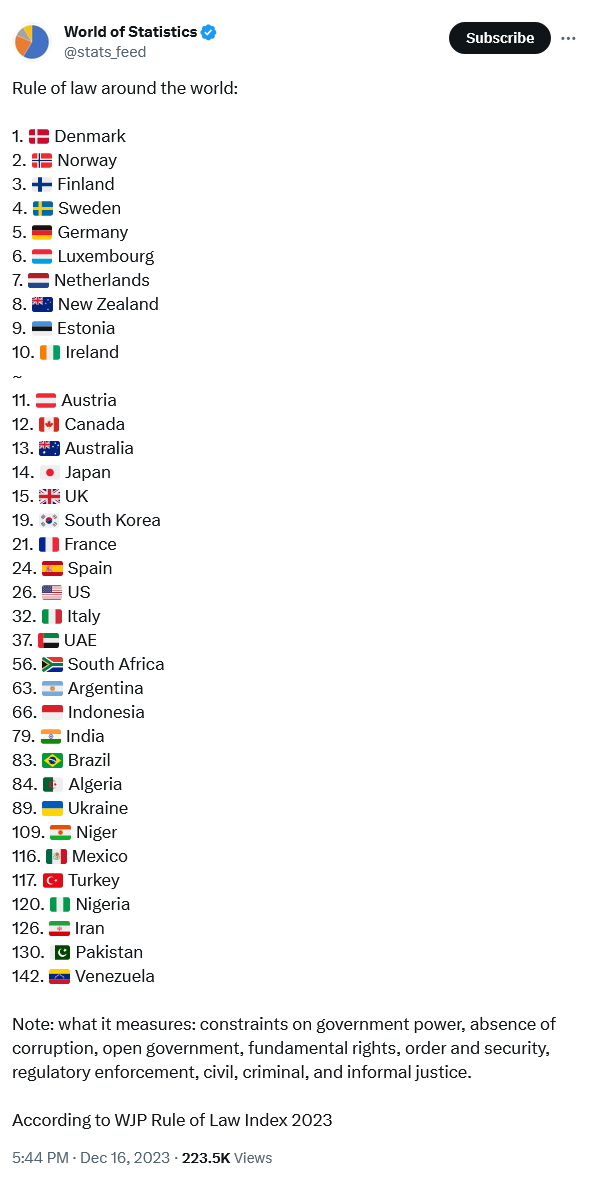A year has swept past since the fateful day of May 9, 2023, a day etched into the annals of Pakistan’s history as one that ignited a prolonged political storm, forever altering the country’s trajectory. The arrest of former Prime Minister Imran Khan on this day marked the onset of a crisis that has reverberated through every facet of the nation's socio-political landscape, casting long shadows that linger still. The Pakistan Tehreek-e-Insaf (PTI) party, undeterred by the passage of time, has organized nationwide rallies to commemorate the day their leader was seized, signaling not only a reflection on the past but also a defiant gaze towards an uncertain future.
Imran Khan, once the charismatic cricketer who led Pakistan to its only World Cup victory, now finds himself entangled in a web of legal battles, his 71 years weighed down by the heavy hand of fate. His imprisonment, first on corruption charges and later for various other serious accusations, has catalyzed a series of events that have left an indelible mark on Pakistan's political narrative. As Khan endures his days within the cold confines of Rawalpindi's Adiala Jail, his followers remain resolute, their fervor undiminished by time or adversity.
Looking back to 2022, the political winds began to shift when Khan was ousted from office following a no-confidence vote, a move he staunchly attributed to a U.S.-backed conspiracy. Though such claims were met with firm denials from Washington, they sowed seeds of doubt and division that have since grown into deep-rooted schisms within Pakistan's political fabric. The year that followed saw a cascade of significant events, each one building upon the last, culminating in the dramatic arrest on May 9, 2023, a moment that sparked widespread unrest and exposed the fragility of the nation’s democratic institutions.
The subsequent months have been marked by a relentless crackdown on PTI, with arrests, legal battles, and an unwavering focus on dismantling the party’s influence. The government's actions have drawn criticism from various quarters, but they have also underscored the precarious balance of power in a country where the military, judiciary, and political elites are perpetually engaged in a high-stakes dance of dominance and survival.
While the political landscape has been fraught with turmoil, the economic front has fared no better. Pakistan’s economy, already besieged by historical constraints, has been further weakened by recent shocks and controversial government policies. The period of relative economic progress that spanned from 2001 to 2018 now seems a distant memory, as the nation grapples with persistent fiscal deficits, an unproductive agricultural sector, and the lingering effects of protectionist trade policies. These unresolved issues have left the economy vulnerable to the forces of instability, manifesting in rampant inflation, a plummeting currency, and an ever-widening chasm between the rich and poor.
The economic upheaval has been particularly brutal, with the Pakistani Rupee's value plummeting from Rs150 to Rs280 per dollar, and at one point touching the alarming figure of Rs335 per dollar. This dramatic depreciation has driven inflation to new heights, leaving ordinary citizens to bear the brunt of soaring electricity and energy prices, which have rendered basic necessities a luxury for many. The government's response to this crisis, characterized by heavy-handed policies and an apparent disregard for the struggles of the populace, has only deepened the sense of disillusionment among the masses.
One of the most egregious decisions has been the imposition of bans on social media platforms such as Twitter, YouTube, Facebook, Instagram, and WhatsApp, alongside the creation of a national firewall. This move has stifled the digital economy, particularly crippling Pakistan’s vibrant freelance sector, which had been a rare beacon of hope in an otherwise bleak economic landscape. The restrictions have choked off a vital source of income for millions, exacerbating the economic despair that has become all too common.
The industrial sector, too, has been decimated, with reports suggesting that 97% of industries have been forced to shut down. This industrial exodus has driven business owners to liquidate assets and seek refuge in more stable economies abroad, further eroding the nation’s economic foundation. The youth, facing a future devoid of opportunities, have increasingly looked beyond Pakistan’s borders for employment, joining the ever-growing ranks of expatriates in the Middle East, while the wealthy have sought sanctuary in the West.
Adding to this already dire situation, the catastrophic floods of 2022 wreaked havoc across the country, displacing millions and destroying critical infrastructure. The cost of rehabilitation and reconstruction, estimated at $16.3 billion, has placed an additional strain on an already overstretched economy, with the government struggling to meet the demands of recovery.
Despite the grim outlook, some strides towards stabilization have been made, albeit tenuous. The government's recent engagement with the International Monetary Fund (IMF) has provided a temporary lifeline, but the conditions attached have sparked further controversy. The IMF's insistence on asset declarations by the country’s elite was met with resistance, leading the government to instead place a disproportionate tax burden on the broader economy, widening the gap between the wealthy and the impoverished.
As Pakistan stands at this crossroads, the path ahead is fraught with uncertainty. The year that has passed since the May 9 riots has been one of unprecedented challenges, both political and economic, and the road to recovery is likely to be long and arduous. Yet, within this tumult lies the potential for transformation, a chance for the nation to redefine itself and emerge stronger from the crucible of crisis. The decisions made in the coming months will determine the course of Pakistan’s future, and it is imperative that these decisions are guided by wisdom, foresight, and a commitment to the common good.
Author Details:
Syed Salman Mehdi
LinkedIn/in/multithinker
Email: salmanmehdi128@gmail.com













